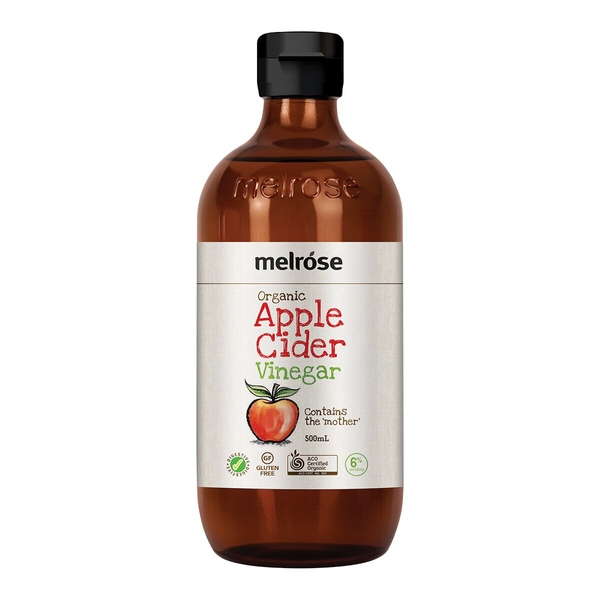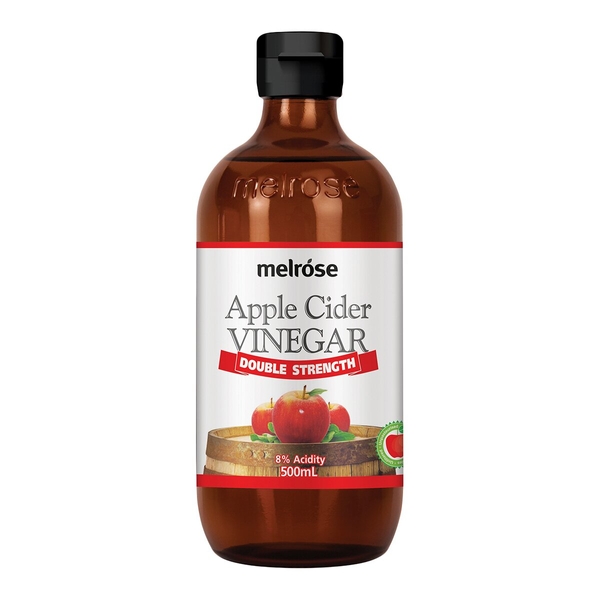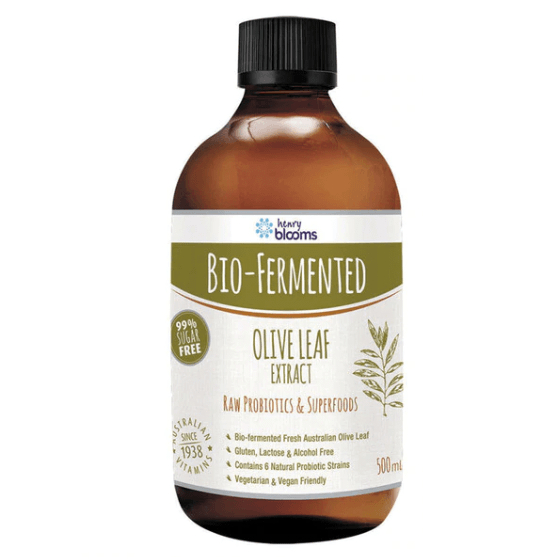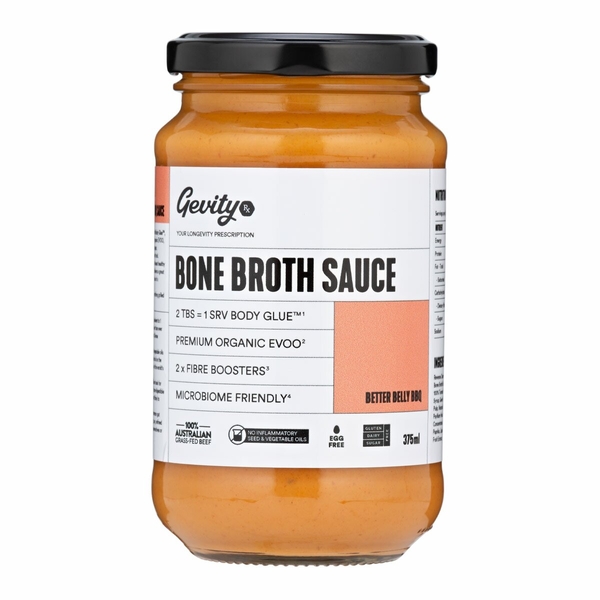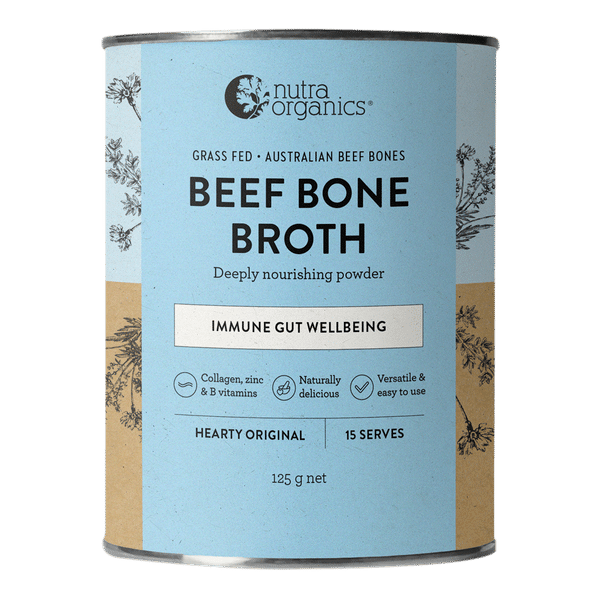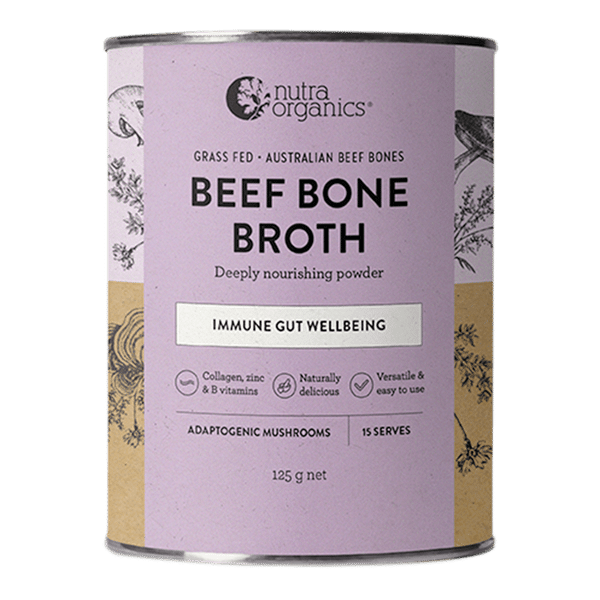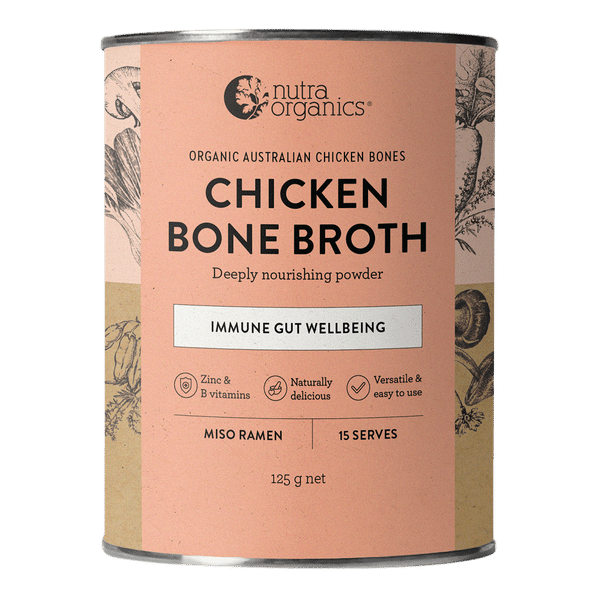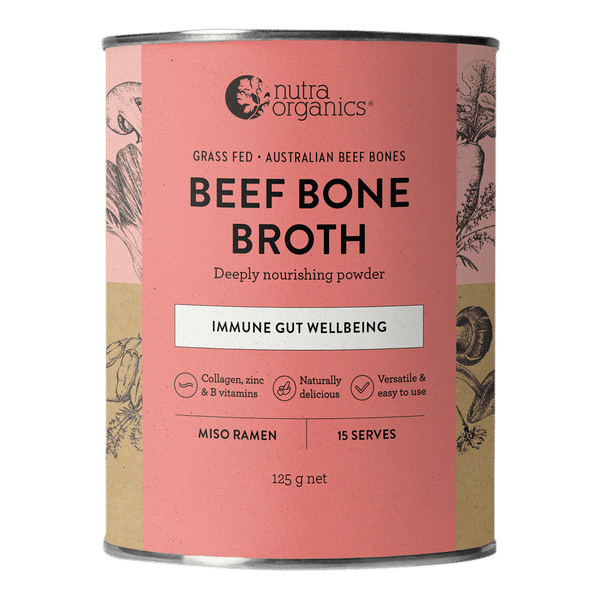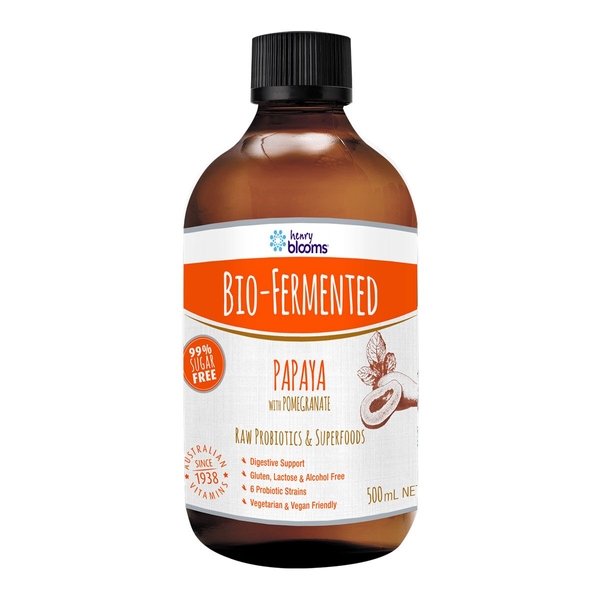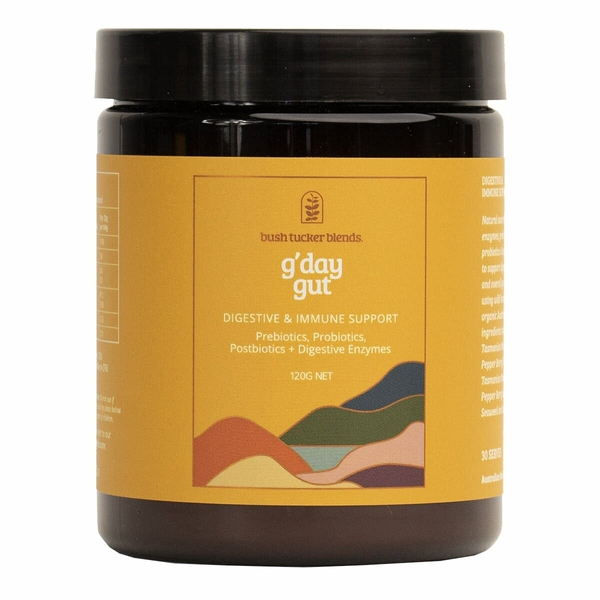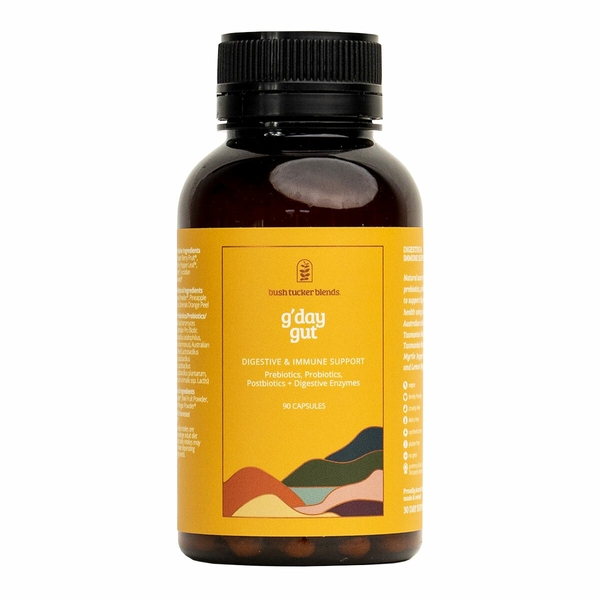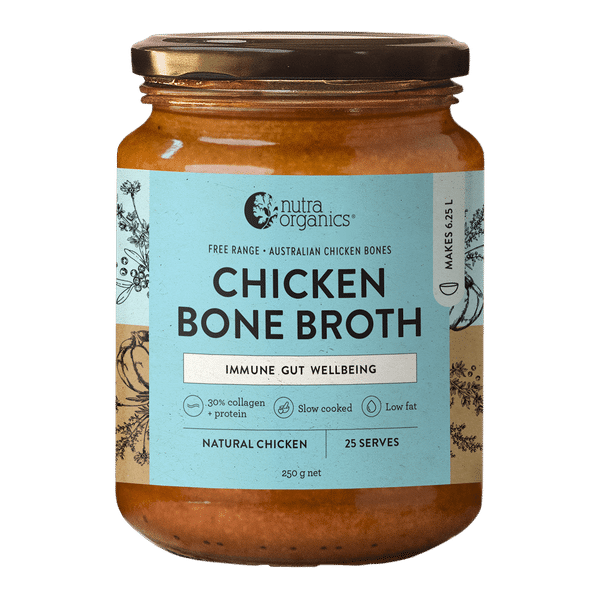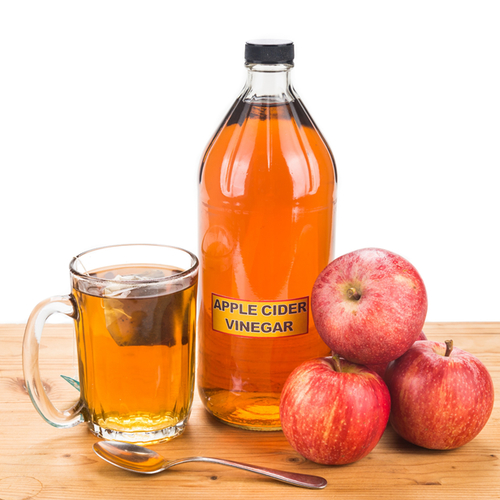
Background
Apple cider vinegar is popularly used in salad dressings and cooking. But it's also been used traditionally as medicine. It might help lower blood sugar levels after a meal by changing how foods are absorbed from the gut.
Apple cider vinegar is used for obesity, diabetes, athletic performance, kidney stones, and many other purposes, but there is no good scientific evidence to support any of these uses. There is also no good evidence to support using apple cider vinegar for COVID-19.
Safety Safety definitions
When applied to the skin: Apple cider vinegar is possibly unsafe. Applying apple cider vinegar to the skin can cause chemical burns in some people.
Special Precautions & Warnings:
Pregnancy and breast-feeding: There isn't enough reliable information to know if apple cider vinegar is safe to use as a medicine when pregnant or breast-feeding. Stay on the safe side and stick to food amounts.Low potassium levels in the blood (hypokalemia): Apple cider vinegar might lower potassium levels in the blood. If your potassium is already low, apple cider vinegar might make it too low. Don't use apple cider vinegar if you have this condition.
Effectiveness
Dosing & administration
When used as medicine, there isn't enough reliable information to know what an appropriate dose of apple cider vinegar might be. Speak with a healthcare provider to find out what dose might be best for a specific condition.
Interactions with pharmaceuticals
Digoxin (Lanoxin)
Interaction Rating=Moderate Be cautious with this combination.
Large amounts of apple cider vinegar may decrease potassium levels in the body. Low potassium levels can increase the side effects of digoxin.
Insulin
Interaction Rating=Moderate Be cautious with this combination.
Insulin might decrease potassium levels in the body. Large amounts of apple cider vinegar might also decrease potassium levels in the body. Taking apple cider vinegar along with insulin might cause potassium levels in the body to be too low.
Medications for diabetes (Antidiabetes drugs)
Interaction Rating=Moderate Be cautious with this combination.
Apple cider vinegar might lower blood sugar levels. Taking apple cider vinegar along with diabetes medications might cause blood sugar to drop too low. Monitor your blood sugar closely.
Water pills (Diuretic drugs)
Interaction Rating=Moderate Be cautious with this combination.
Apple cider vinegar can decrease potassium levels. "Water pills" can also decrease potassium levels. Taking apple cider vinegar along with "water pills" might make potassium levels drop too low.
Interactions with herbs & supplements
Herbs that contain cardiac glycosides: Apple cider vinegar can lower potassium levels. Some herbs contain cardiac glycosides, which can affect the heart. Using apple cider vinegar along with herbs that contain cardiac glycosides can increase the risk of serious side effects from low potassium levels. Examples of supplements that contain cardiac glycosides include black hellebore, foxglove, lily-of-the-valley, oleander, and pleurisy root.
Horsetail: Using apple cider vinegar along with horsetail could increase the chance that potassium levels might drop too low.
Licorice: Using apple cider vinegar along with licorice could increase the chance that potassium levels might drop too low.
Stimulant laxative herbs: Apple cider vinegar can lower potassium levels. Stimulant laxatives can cause diarrhea and also decrease potassium levels. Taking apple cider vinegar with stimulant laxative herbs might cause potassium levels to go too low.
Interactions with foods
Products
View all products- Apple cider vinegar
- Chicken, bones
- Chicken, roasted
- Allium schoenoprasum dry
- Allium sativum powder
- Pink Himalayan crystal salt
- Rosmarinus officinalis ext.
- Nutritional yeast flakes (Dried yeast)
- Allium cepa powder
- Piper nigrum (seed) oil
- Tapioca
- Apple cider vinegar
- Beef bones
- Sea salt
- Curcuma longa
- Piper nigrum
- Chilli powder
- Honey
- Allium sativum
- Armoracia rusticana
- Zingiber officinale
- Daucus carota powder (Carrot)
- Apium graveolens
- Allium cepa
- Malus (Apple)
- Orange
- Citrus limon (Lemon)
- Brassica juncea
- Petroselinum crispum
- Rosmarinus officinalis
- Thymus vulgaris
- Juniperus communis (berry)
- Bay leaf
- Szechuan pepper
- Backhousia citriodora
- Pink Himalayan crystal salt
- Origanum vulgare (Oregano)
- Apple cider vinegar
- Extra virgin olive oil (EVOO)
- Beef bones
- Paprika
- Carya juice
- Water
- Sea salt
- Cichorium intybus (fibre)
- Plantago ovata (husk) (Psyllium)
- Brassica juncea (seed) powder
- Lycopersicon esculentum (Tomato)
- Natural pomegranate flavour
- Allium cepa
- Allium sativum powder
- Citrus limon (juice) (Lemon)
- Cyamopsis tetragonoloba (Guar gum)
- Luo Han Guo (fruit) ext. (Monk fruit)
- Tamarindus indica
- Apple cider vinegar
- Beef bones
- Curcuma longa powder 160 mg
- Pink Himalayan crystal salt
- Hydrolysed bovine collagen peptides
- Nutritional yeast flakes (Dried yeast)
- Piper nigrum
- Tapioca
- Apple cider vinegar
- Chicken, bones
- Chicken, roasted
- Lentinula edodes powder
- Grifola frondosa
- Pink Himalayan crystal salt
- Rosmarinus officinalis ext.
- Nutritional yeast flakes (Dried yeast)
- Piper nigrum powder
- Allium cepa
- Tapioca
- Apple cider vinegar
- Chicken, bones
- Chicken, roasted
- Pink Himalayan crystal salt
- Tapioca
- Rosmarinus officinalis ext.
- Nutritional yeast flakes (Dried yeast)
- Piper nigrum (seed) powder
- Allium cepa
- Apple cider vinegar
- Chicken, bones
- Chicken, roasted
- Curcuma longa powder
- Pink Himalayan crystal salt
- Tapioca
- Rosmarinus officinalis ext.
- Nutritional yeast flakes (Dried yeast)
- Piper nigrum
- Allium cepa
- Apple cider vinegar
- Oryza sativa (Rice)
- Chicken, bones
- Chicken, roasted
- Glycine max
- Sea salt
- Coconut medium-chain triglyceride (Coconut MCT)
- Pink Himalayan crystal salt
- Tapioca
- Rosmarinus officinalis ext.
- Allium cepa
- Allium sativum
- Piper nigrum
- Nutritional yeast flakes (Dried yeast)
- Apple cider vinegar
- Oryza sativa (Rice)
- Beef bones
- Glycine max
- Beef
- Sea salt
- Hydrolysed bovine collagen peptides
- Coconut medium-chain triglyceride (Coconut MCT)
- Nutritional yeast flakes (Dried yeast)
- Pink Himalayan crystal salt
- Tapioca
- Allium cepa
- Allium sativum
- Piper nigrum
- Apple cider vinegar
- Carica papaya
- Punica granatum (seed)
- Glycerol
- Wildberry flavour
- Apple cider vinegar
- Tasmannia lanceolata (fruit)
- Tasmannia lanceolata (leaf)
- Backhousia citriodora
- Fucoidan ext. (Brown seaweed)
- Saccharomyces cerevisiae (boulardii) (SB)
- Lactobacillus acidophilus
- Lactobacillus rhamnosus
- Lactobacillus paracasei
- Lactobacillus plantarum
- Bifidobacterium animalis ssp. lactis
- Green banana
- Ananas comosus (Pineapple)
- Orange peel
- Carica papaya powder
- Actinidia deliciosa (fruit) powder (Kiwi fruit (green))
- Apple cider vinegar
- Tasmannia lanceolata (fruit)
- Tasmannia lanceolata (leaf)
- Backhousia citriodora
- Fucoidan ext. (Brown seaweed)
- Saccharomyces cerevisiae (boulardii) (SB)
- Lactobacillus acidophilus
- Lactobacillus rhamnosus
- Lactobacillus plantarum
- Bifidobacterium animalis ssp. lactis
- Lactobacillus paracasei
- Green banana
- Ananas comosus (Pineapple)
- Citrus sinensis (peel)
- Carica papaya powder
- Actinidia deliciosa (fruit) powder (Kiwi fruit (green))
- Apple cider vinegar
- Chicken, bones
- Chicken collagen peptides
- Nutritional yeast flakes (Dried yeast)
- Sweet potato powder
- Cucurbita pepo
- Sea salt
- Tasmannia lanceolata

